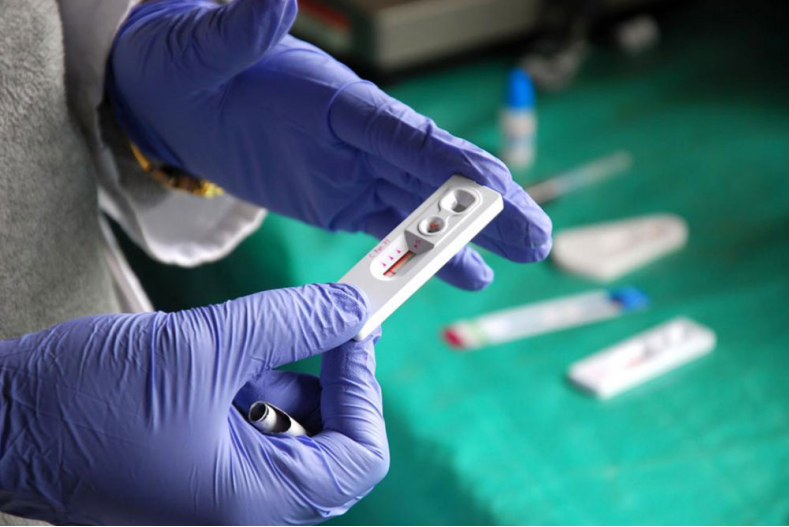Symptoms and Treatment Options for HIV Infection
Infection with the human immunodeficiency virus (HIV) can lead to a life-threatening disease called acquired immunodeficiency syndrome (AIDS). HIV attacks the immune system, making the body unable to fight off other infections. HIV specifically targets CD4 cells. These cells primarily help the immune system fight infections. Early HIV-positive symptoms may appear within a few weeks of contracting the virus.
Infection with the human immunodeficiency virus (HIV) can lead to a life-threatening disease called acquired immunodeficiency syndrome (AIDS). HIV attacks the immune system, making the body unable to fight off other infections. HIV specifically targets CD4 cells. These cells primarily help the immune system fight infections. Early HIV-positive symptoms may appear within a few weeks of contracting the virus.

Signs and Symptoms of HIV
HIV progresses in stages, each with different symptoms.
Early HIV Symptoms:
Early symptoms of HIV appear within 24 weeks of infection. These early HIV-positive symptoms may last for several weeks.
This includes:
Fever
Rash
Muscle pain, joint pain, headache
Swollen lymph nodes
Sore throat
Symptoms of Clinical Latency of HIV
Clinical latency of HIV occurs after the early stages of infection. This stage is also called chronic HIV infection. During this stage of infection, symptoms are rare or may be very mild. This stage may last at least a decade or more for people who are not receiving treatment for HIV infection. However, for those who seek treatment, the second stage may last for decades without progressing to the final stage.
Some mild symptoms of the chronic HIV infection stage are:
Fever
Diarrhea
Fatigue
Weight loss
Other yeast or viral infections
Symptoms of the final stage of HIV:
Without treatment, the disease reaches its final stage in about ten years. It is during this final stage that AIDS develops.
The signs and symptoms of HIV during AIDS are as follows:
Recurring fevers
Night sweats
Weight loss
Chronic diarrhea
Rash
Persistent fatigue
Mouth ulcers
Perpetual swelling in the lymph nodes
Pneumonia
Depression, memory loss
HIV treatment
Ideally, HIV treatment must be started as soon as a positive test for the virus is found. When the first warning sign of HIV appears, it is imperative to see a doctor and get tested to confirm the infection.
There are many different types of drugs used to treat HIV. Each HIV treatment drug fights the infection in a different way. Doctors prescribe 23 different types of drug combinations. This is a preventive measure to prevent the virus from becoming resistant to a certain drug and becoming ineffective.
HIV treatment should be started as early as possible. However, this is especially important if your CD4 count is below 350, you are pregnant, you are being treated for an infection such as hepatitis, or if your symptoms are severe.
Doctors develop HIV treatment plans after checking a patient's CD4 count. The goal of HIV treatment is to lower the viral load in the body. Treatment plans may differ for each person based on their health and HIV stage.